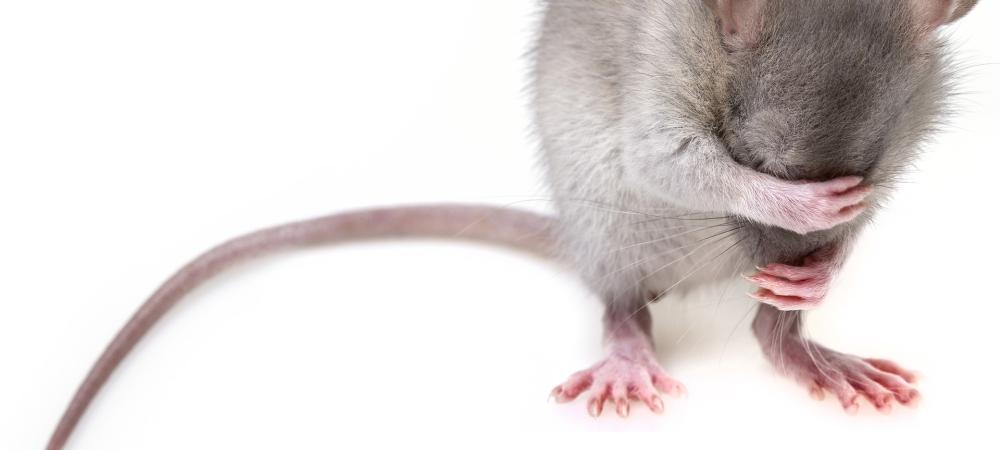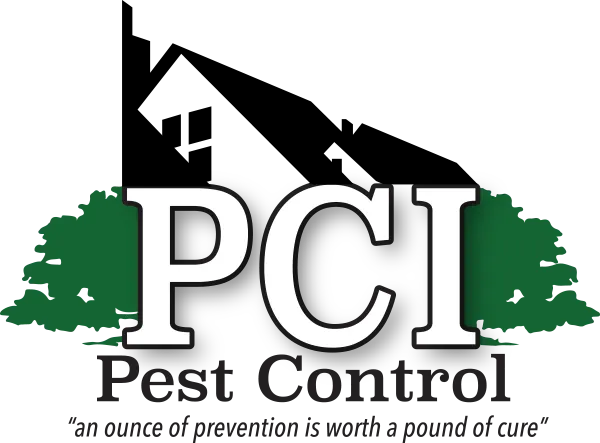A Guide to Rodents in Washington

Rodents are a common problem for homeowners. These small animals often invade homes and other structures in search of a place to raise their young. They thrive in dark, tucked-away environments such as basements, attics, and wall spaces. Dealing with a rodent infestation can be frustrating and also dangerous, but knowing what you’re up against can make the process easier. To help you identify the rodents present in your home, we’ve put together a quick-and-easy guide to identifying rodents in Washington.
What are the Most Common Rodents in Washington?
According to the Burke Museum, Washington is home to over 40 different types of rodents, so it’s no surprise that you’re likely to run into a few of them if you live in the state. Listed below are some of the most common rodents in Washington, and those you’re most likely to find in your home.
Roof Rats (Black Rats)
One of the most commonly recognized rats in Washington is the Roof Rat (also known as the Black Rat or Ship Rat). This type of rat is often black or dark brown with a white underside and long scaly tail. Its body is usually 6-8” long when fully grown, with a tail that can be as long as 10”. Roof rats are nocturnal, prefer cooler weather, and live off of seeds, nuts, fruit, and insects.
Norway Rats
Norway Rats, unlike Roof Rats, tend to be bulky and lighter brown. While they are often roughly the same length overall as the Roof Rat, their tails tend to be shorter than their bodies, whereas Roof Rats are known for their long tails. A common identifier of the Norway Rat is its capsule-shaped excrement, which differs from the pointed ends found on Roof Rat feces.
House Mouse
House mice are much smaller than rats, often less than 4 inches in size. Their coats are dusty gray with white underbellies, and their noses, ears, and tails have a pinkish tint. They leave behind 4-toed tracks with their front feet and 5-toed tracks with their hind feet. Due to their small size, House Mice can find their way into your home through a gap as narrow as a pencil.
Deer Mouse
Deer mice are known for their large, dark eyes, brown fur, and 5-8 inch bodies. They are most common in rural settings, and often find their way into cars, sheds, and garages in the winter to avoid the cold. While smaller than rats, these mice can pose an even larger threat to your health. Deer Mice are the primary carrier of Hantavirus in Washington, which is a rare but sometimes deadly illness that can be transmitted through their excrement.
Are Rodents Dangerous?
While rodents aren’t likely to attack you (thankfully!), they can still pose serious health risks to you and your loved ones. According to the Washington State Department of Health, rodents are carriers for a range of dangerous illnesses which can be spread via rodent bites, food contamination, breathing in rodent excrement and urine, or being bitten by a flea, tick, or mosquito that has previously fed on an infected rodent. Additionally, rodents can be destructive to your home, causing superficial damage with their gnawing and nesting. They can also contaminate food and even raise the risk of electrical fires by chewing at the wiring in your walls.
Signs of a Rodent Infestation
If you’re new to dealing with rodents, the signs of an infestation can be easy to overlook. Rodents are often more active in the evening and night, meaning that you may not see them when you're up and around during the day. Generally, the best way to know if you’re dealing with a rodent infestation is to call in a professional exterminator. However, keep an eye out for the following signs if you believe you may have a rodent infestation:
- Scratching noises from inside the walls, especially at night.
- Strange behavior from pets, which can easily pick up on the presence of rodents.
- Holes chewed through walls and floors or baseboards.
- Rodent droppings resembling small dark pellets in drawers, cupboards, and under sinks.
- Clumps of damaged materials such as cardboard, newspaper, or insulation that is often used for nesting.
- Dark smears on surfaces, left by the oil found on the rodent's hair.
Why are Rodent Infestations so Common in Washington?
Washington’s rodent problems are notably more severe than those of other states. Seattle was listed in the top 10 for America’s most rat-infested cities in 2017. Experts believe this is due to rodents being displaced as the city has expanded, forcing them to adapt to human surroundings. What this means for you is that you need to be extra alert for the signs of a rodent infestation in Washington.
What Attracts Rodents to Your Home?
Even the cleanest homes can easily become a haven for rodents. The Washington State Department of Health writes that the following can be attractants for mice and rats:
- Improperly stored food, including pet food and birdseed.
- Spilled crumbs and other food particles.
- Vegetation, scrap wood, and other debris around your home’s foundation, which can create hiding places for rodents.
- Unmixed compost piles or rotting fruit or nuts from trees.
How to Get Safely Remove Rodents from Your Home
In addition to avoiding inviting rodents into your home by maintaining it properly and keeping food and other attracts stored correctly, there are also several steps you can take at home to prevent and fight an existing rodent infestation.
- Exclusion: The most important step you can take in protecting your home from rodents is stopping them from getting in the first place! Rodents can fit through a dime-sized hole, meaning that you should check inside cabinets, fireplaces, door frames, and roof rafters for any potential entry points and ensure these are firmly sealed.
- Trapping: To remove existing rodents, you’ll need to invest in traps. These come in a variety of forms, ranging from live traps to snap traps and glue traps and poisons. Some traps are more effective than others and each can pose its risks and drawbacks, so it’s important to identify what type is best for your home and infestation.
- Sanitization: When dealing with an infestation, you must remove infected materials from your home to avoid the spread of illnesses and bacteria. To avoid exposure to disease through breathing in stirred-up rodent excrement, you can spray dead rodents and their nests down with a 10% bleach solution before cleaning the area. Wearing a dust mask can also offer some protection. However, this process is best left to a professional to avoid damaging your health.
While DIY rodent treatments are available, to protect yourself and your loved ones from rodents and the havoc they can create, your best bet is to partner with a professional rodent exterminator. At PCI Pest Control, our team of professionals had been delivering award-winning rodent control in Washington for over 25+ years. If you’re overwhelmed by rodents in Washington, we can help. Give us a call today at [phone-number] to learn more about our custom treatment plans.
